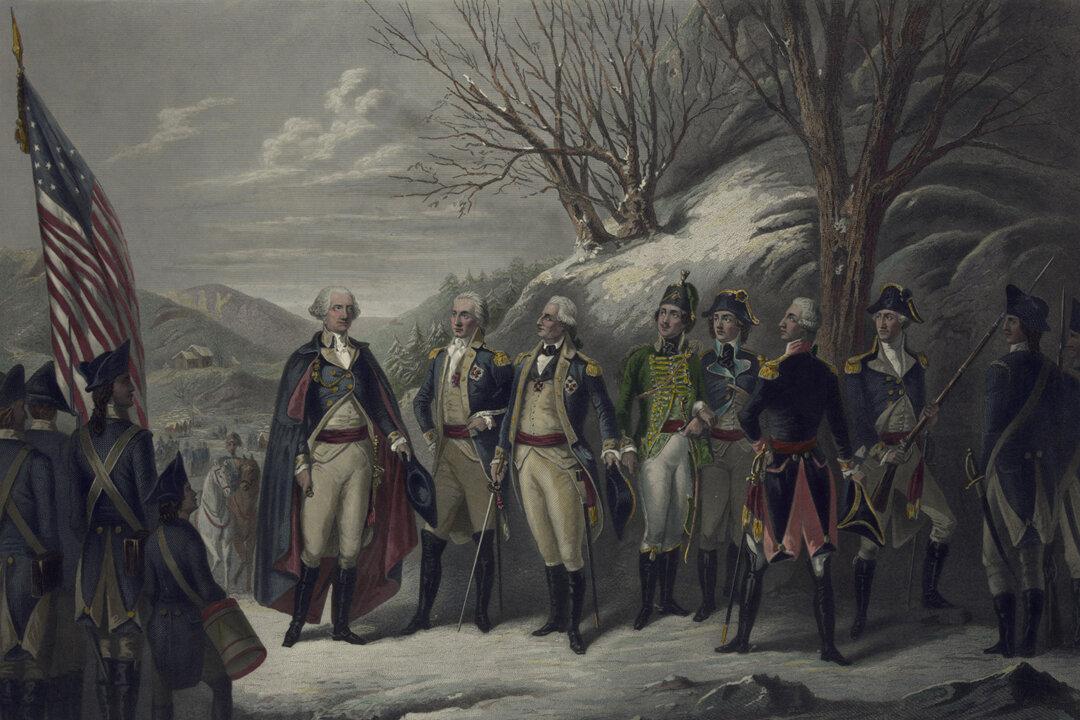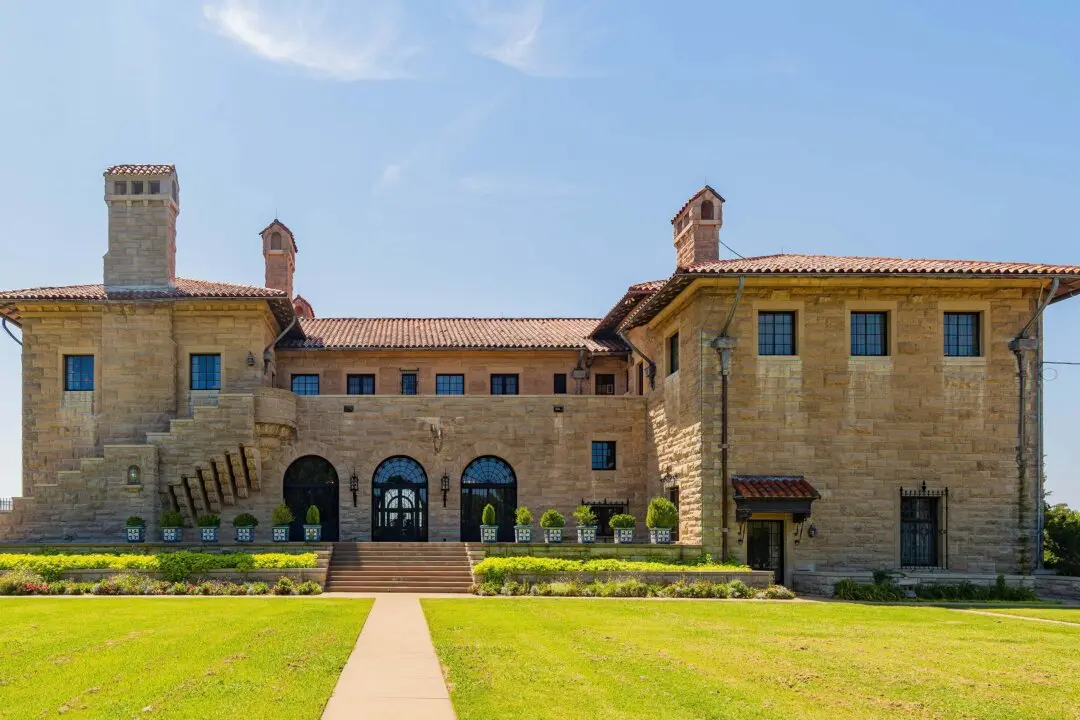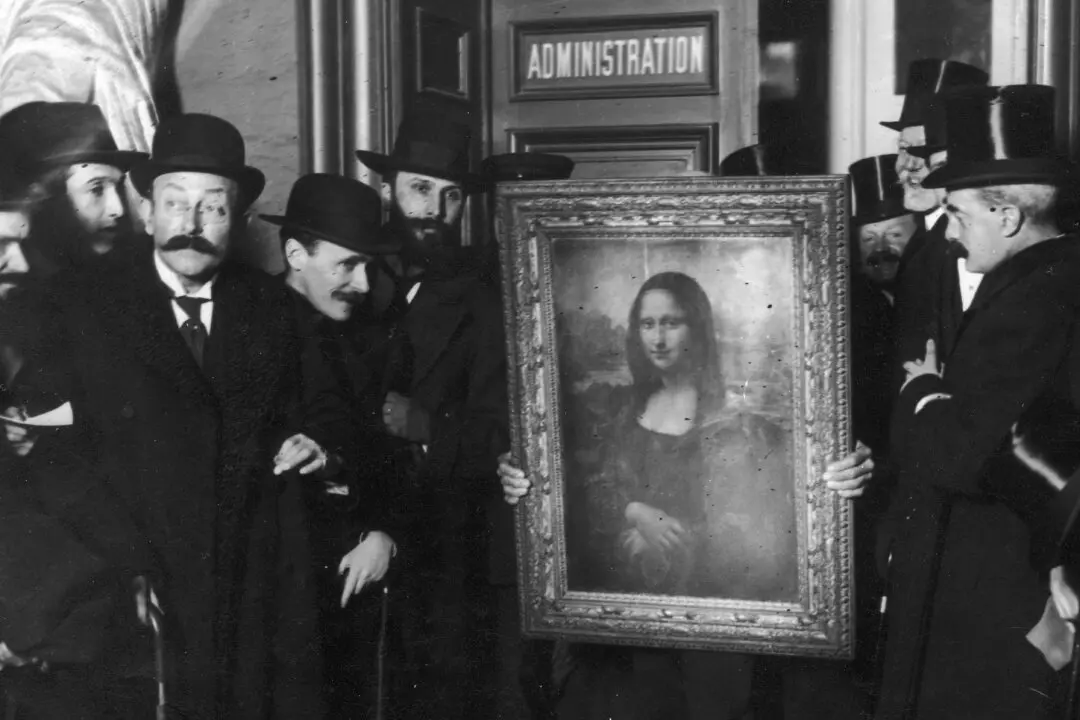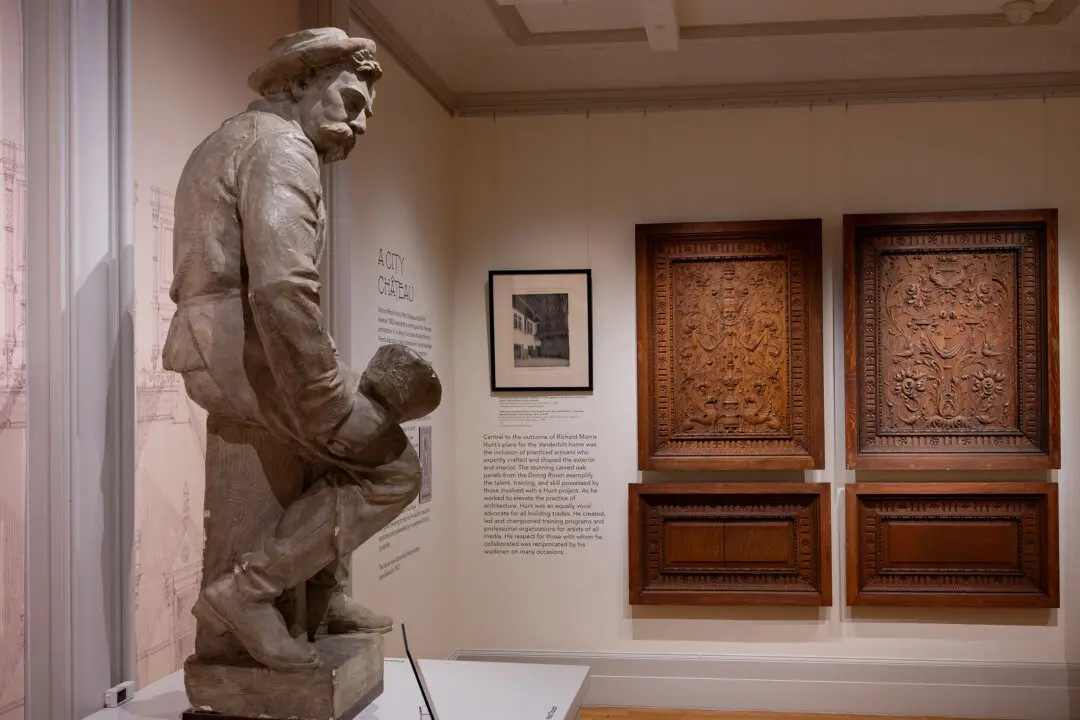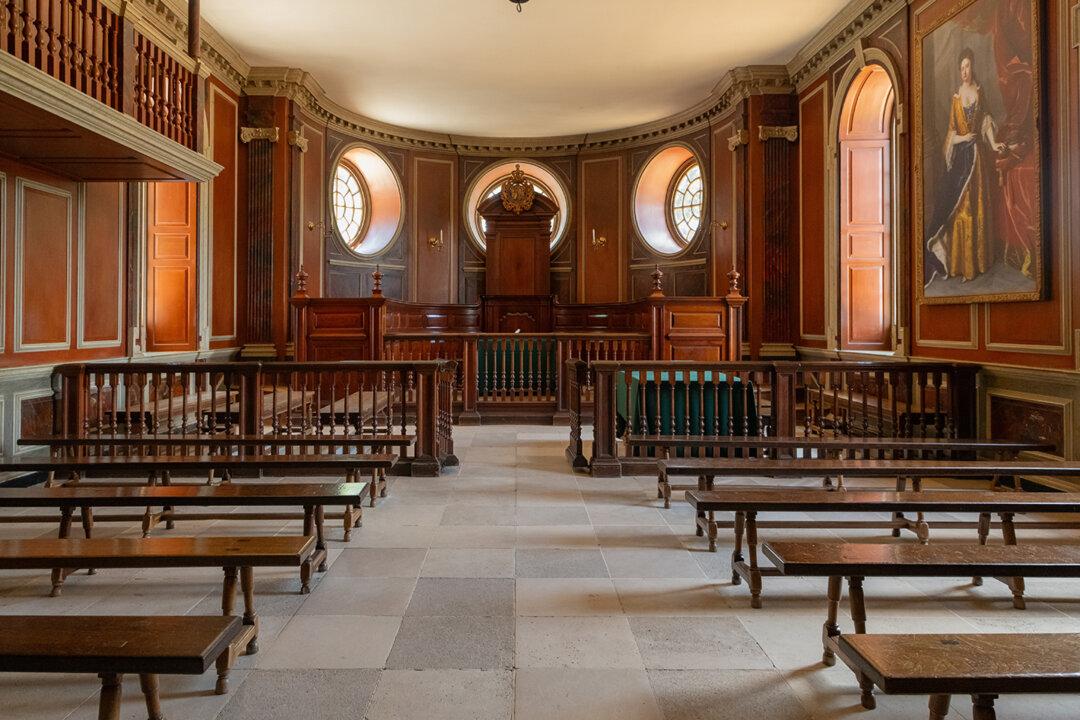On January 21, 1776, Lutheran Pastor John Peter Muhlenberg of Woodstock, Virginia preached from the third chapter of Ecclesiastes, “To everything there is a season … a time of war, and a time of peace.” Opening his clerical robe to reveal the uniform of a Continental Army Colonel, Pastor Muhlenberg then added, “and this is the time of war.” From his congregation, 162 men kissed their wives and walked down the aisle, enlisting on the spot. The next day Muhlenberg led 300 men from his county, forming the beginning of the 8th Virginia Regiment. His great-nephew recorded these moments in Muhlenberg’s biography written in the middle of the 19th century.
Muhlenberg was born on Oct. 1, 1746 in the borough of Trappe in Pennsylvania. The Muhlenberg family descended from Heinrich Melchior Mühlenberg, a German immigrant who founded the first Lutheran church body in America. His three sons, John Peter, Frederick, and Gotthilf, all made great contributions to America—the family’s adopted homeland—and entered the ministry. Frederick Augustus Conrad Muhlenberg became the first Speaker of the United States House of Representatives after his election to office in 1780. The youngest brother, Gotthilf, became one of America’s first botanists and president of Franklin College, publishing a number of books detailing American plant species.

